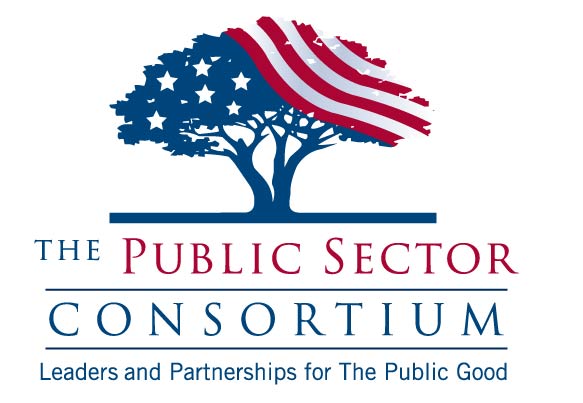More than ever resiliency skills and practices are an essential skill set for all
professions but most importantly for public leaders. Unlike any other profession public leadership competencies are what we all depend on to thrive. It is important to note that resiliency can mean something very different in tenured work-places like government and educational institutions that were designed and structured for continuity and stability. This differs significantly from the private sector where innovation and new products are often the source of their revenues.
Interviews with successful public leaders and public health practitioners in municipal government are helping us to understand how managers can interview and select employees who have these resiliency skills. One successful Town Manager indicated that he selects candidates who have made choices in their personal and professional lives that would force them to encounter new thinking and new challenges. Examples he gave of what he looks for included; people with more than one area of academic focus, former peace corps volunteers, people who travel or have relocated more than two or three times, Red Cross volunteers, people who are curious and enjoy learning and innovation, as well as specific examples of challenges they have encountered and overcome successfully.
Leaders are now starting to think about workforce development strategies that would orient their managers and leaders to the work of other departments and different levels of governance through short-term rotations and assignments. Resiliency requires not only an understanding of how the organization works but the capacity to draw down on well-developed working relationships when you are facing a crisis. Resiliency as it turns out is only possible if you are well practiced and prepared.
When you encounter a crisis you must have the ability to draw on diverse skill sets, scenario plans, well-practiced staff, and a team that can comprehend the whole system as well as assess the intended and unintended consequences of their individual and collective decisions. For a better look at this topic take a moment and watch this Ted Talk https://davidepstein.com/david-epstein-the-sports-gene/ .
Many public leaders report that resiliency skills are not specifically a part of any selection process or any workforce development. We encourage municipal leaders nationwide to focus on and measure resiliency skills as a part of all leadership positions.
What we are listening to and reading to encourage and support resilience
skills in the public sector: Daniel Pink’s Drive teaches valuable lessons about resilience and its impact on motivation, the two are tied together for Pink. He has a variety of ways to experience his book if you have a long drive ahead of you, it is in audiobook format as well, and he often tweets excerpts of his book and research.
Farmers worldwide are particularly concerned with resilience. It is vital to their work and we can learn from how they work within complex systems that are similar to what public sector leaders must confront. This article from Science Direct reviews complex systems with multiple levers in the process, describing the need for Robustness (capacity to withstand shocks) Adaptability (capacity to change inputs, production, risk, marketing without changing structures) and finally Transformability (capacity to significantly change the internal structures and feedback mechanisms.
From the public health perspective the UN has developed a resilience scorecard for how cities respond to crisis. Many of their suggestions rely on public health working closely with governance structures.

